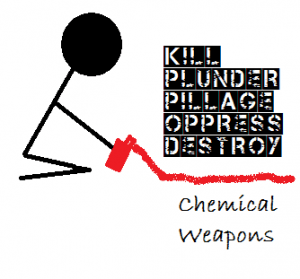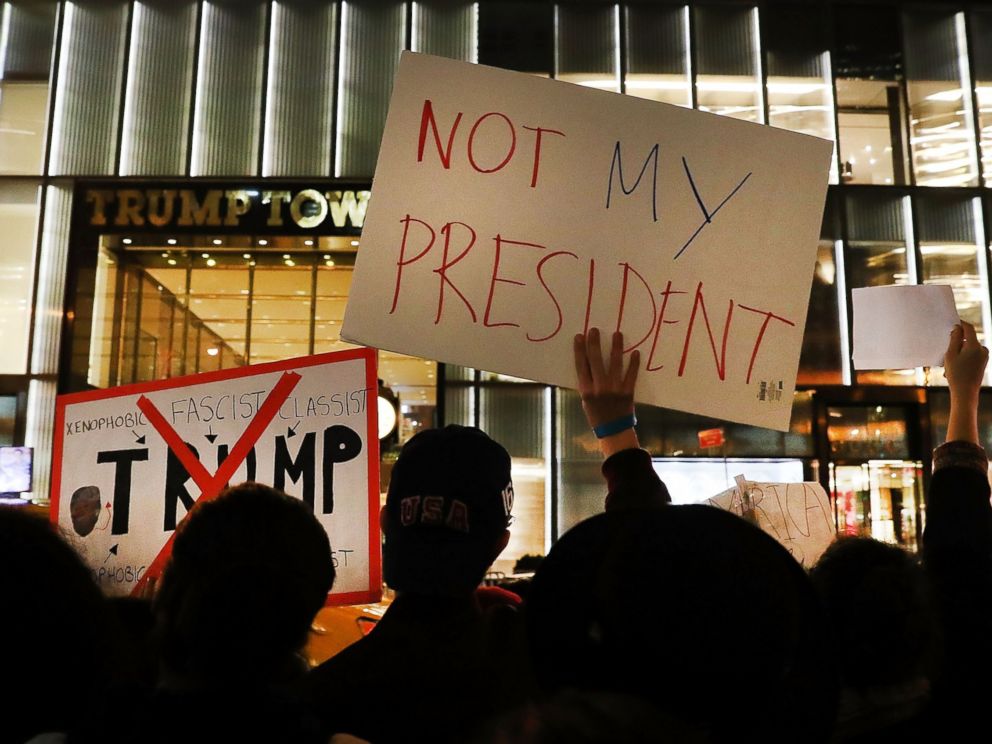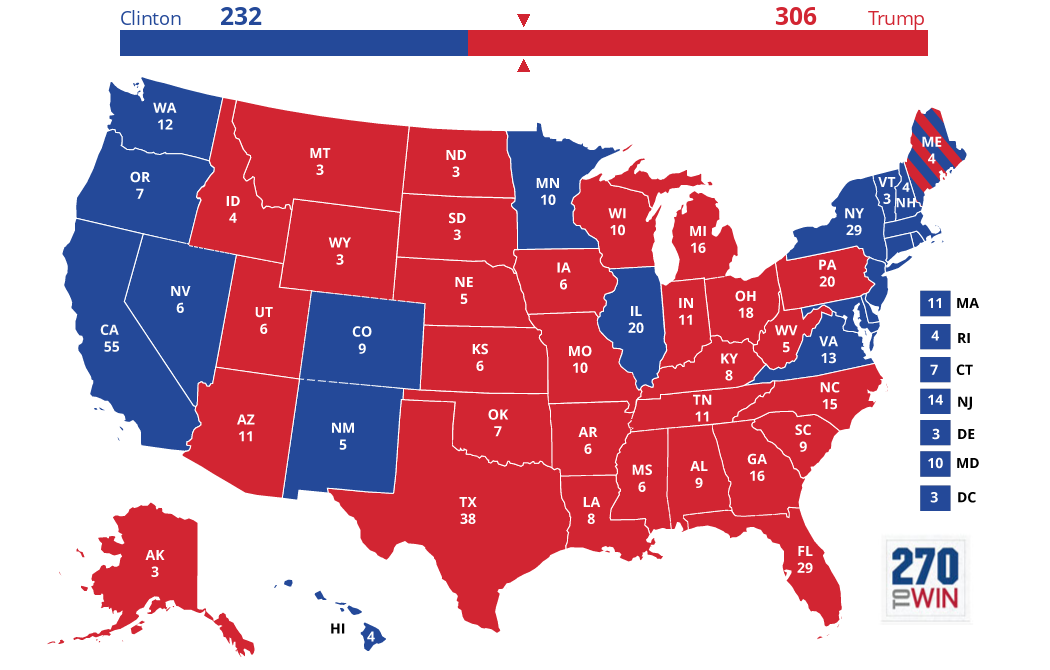Why proposed actions regarding Syria are unsatisfactory
By Chandni Patel
Over 100,000 civilians have been killed in Syria since the beginning of its civil war. Thousands of those were defenseless children, elderly, or unarmed. Yet, America stood by until hundreds more of innocents were killed in a chemical attack by the Assad Regime on August 21st, 2013.
At first, the idea that the United States would finally intervene to prevent more bloodshed was heartening. This great world leader was built on the belief that governments are supposed to protect their people and their rights. However, after Obama’s address to the country on September 10th, 2013, it has become obvious that we plan on doing nothing to really help the Syrians.
Obama proposed a “targeted military strike” or diplomacy to relieve Assad of the chemical weaponry in his control. However, BBC News has reported that thousands of people were killed even before the introduction of the chemical weaponry. Though America’s aversion to combat situations after the battles in Iraq and Afghanistan is understandable, I believe that we need to look past our own suffering.
When Hitler came into power after World War I, America practiced a policy of appeasement because of its reluctance to go to war again. It did not work, and what resulted was genocide. At that time, the world had no means of knowing what was happening there; we can claim ignorance without feeling too much guilt over what we allowed to happen.
That is not the case today. The United Nations has told the world that there is concrete proof of Assad’s crimes-pictures and videos of gruesome deaths, lab results proving the use of chemical weapons and even an admission from the regime-yet the most drastic action the country will even consider is a “targeted military strike” against chemical weaponry. It’s a containment. The US has basically told the world “Do as you will; kill your people, plunder and pillage their homes, and trample all over their basic rights. As long as you do not use chemical weapons, we will not interfere.”
The simple truth is that the proposed actions, using diplomacy or force to eradicate chemical weaponry, are just not going to be enough to alleviate the tensions in Syria and save innocent people. The world, not only America, has to see that drawing a line at the most heinous of crimes is only a first step; stopping there will only encourage Assad and other leaders in the area to find new ways to oppress their people. Stopping there makes all of America’s posturing as an international police power, a world leader and a country based on protecting the people, an exercise in futility.





















